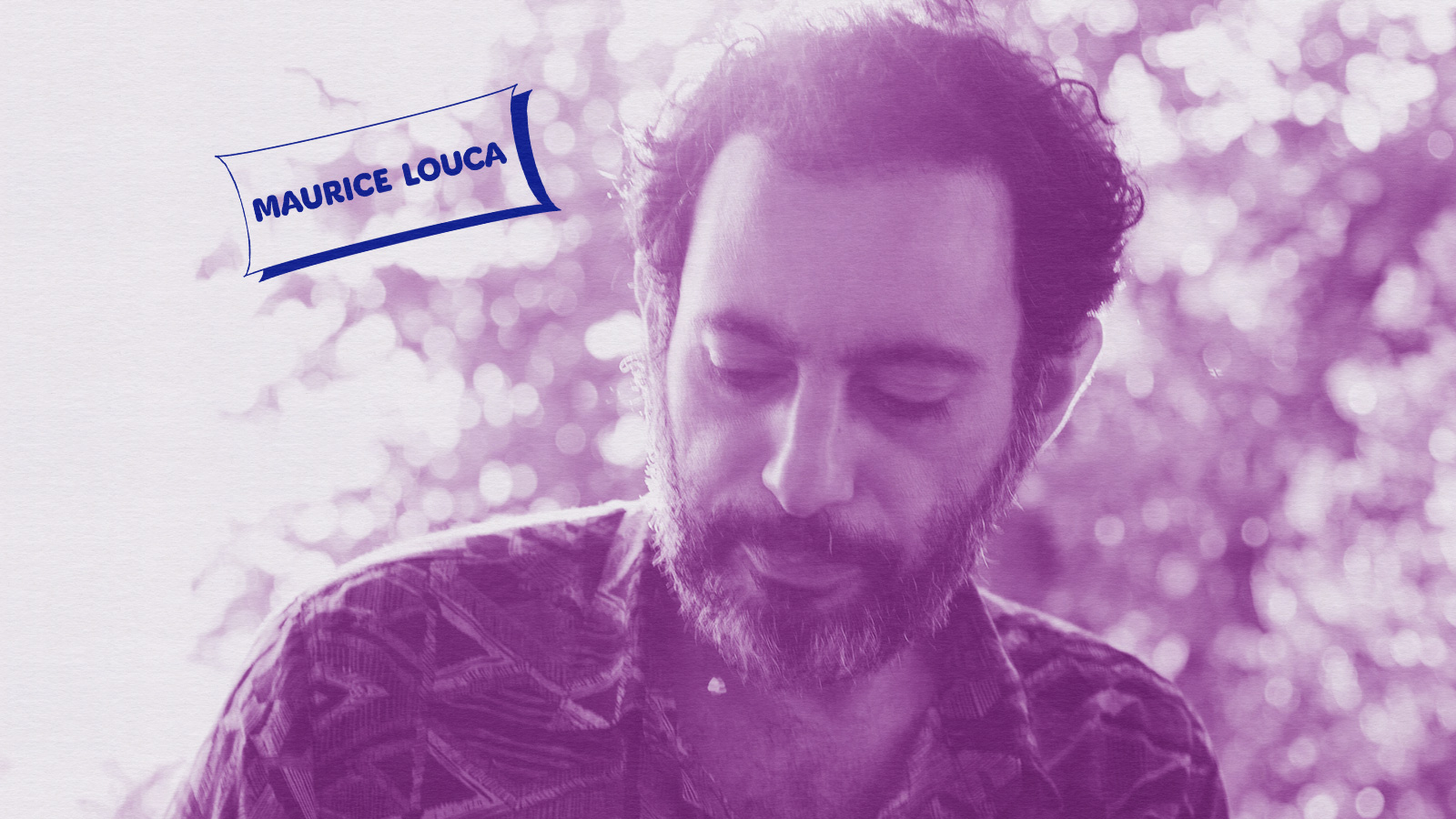
You’ve probably heard the parable of the blind men and the elephant, but in case you haven’t: A group of blind men are asked to describe the animal using touch alone. The man at its trunk imagines a snake, the one at its leg a tree trunk, the one at its side a solid wall, etc.
Describing Maurice Louca feels something like that, depending on where you enter his discography. If, like me, the first thing you heard was his large ensemble Elephantine, you might assume he was a jazz guitarist and bandleader. If your introduction came via his early trio Bikya or his solo debut Garraya, you might place him in the electronica or post-rock realm. Start with his eclectic solo outing Salute the Parrot, and you could credit him for a fusion of psychedelic noise-rock and the street-level shaabi music of his native Egypt. Other gateways suggest a border-crossing free improviser or a microtonal guitar experimentalist.
Like the elephant, none of these descriptors is accurate on their own. But piece them together and a picture begins to emerge. Louca describes his musical upbringing in Cairo as, “A very basic one, especially from a Western context.” Born in 1982, he was weaned on the same blend of classic and then-contemporary rock as any other child of the ‘90s—a familiar blend of Pink Floyd and Jimi Hendrix plus Nirvana and Radiohead—mixed in with the Arabic pop music streaming from neighborhood radios.
It was when he picked up his own guitar that Louca began to leave the conventional behind. From the beginning, he has rarely mined the same territory on two projects or releases in a row. “I would say that comes from a mixture of curiosity and a certain kind of ambition,” he says. “If something works once, especially in terms of method, I find it hard to do that again. I’m much more creative when I’m out in the woods and trying to find my way back.”
Though he started out playing guitar, Louca had largely moved on to synthesizers and drum machines by the time he made his recording debut with his trio Bikya, which he formed with childhood friend Mahmoud Waly and drummer/electronic musician Mahmoud Refat. Inspired by “anti-guitar rock” bands like Radiohead, Louca said, “At some point, I started to play guitar like it’s not a guitar. Eventually, I just picked up a keyboard, which made more sense.”
Bikya’s 2007 LP captures this period of transition with its blend of acoustic and electronic instruments and its influences from drum & bass, techno, and Arabic pop.


Louca’s instincts for experimentation led him into a community of experimentalists that he hadn’t previously known, accelerated by the arrival of the internet. “In the early ‘90s, Cairo was a very closed place,” he explains. “When I started developing more interest in music outside the pop world, it was easier to find experimental Western music than it was to find out who’s doing what in the Arab world. The internet helped connect people with what was happening two streets down from where we lived.”
For Louca and his compatriots, that activity converged on the studio, venue, and record label 100Copies, founded by his Bikya bandmate Mahmoud Refat. From that home base, Louca’s horizons expanded outwards, encompassing collaborators from the free improvisation community in Beirut, Lebanon, and the progressive jazz scene in Sweden, and, with the eclectic Dwarfs of East Agouza, the genre-mashing idiosyncrasy of Sun City Girls and Sublime Frequencies co-founder Alan Bishop and Egyptian-Québécois guitarist Sam Shalabi.
At the same time, the discovery of like-minded seekers with shared reference points led Louca to investigate the music that surrounded him. His 2014 solo album Salute the Parrot is a dazzling and vital example, a heady, psychedelic dive into/explosion of Egyptian shaabi music.
The exuberant and razor-edged songs were crafted in the aftermath of both Louca’s expanding circle of collaborators and the fervent uprisings of the Arab Spring. The political climate gave a pointed edge to the celebration of shaabi, less a genre than an umbrella term for sounds emerging from the streets.
“Shaabi is very, very complex,” Louca described. “People think of it as a genre, but it’s not. It’s like saying ‘popular music’—it has so many connotations, and one of them is class, for sure. It also takes a lot from folklore and religious music. It’s really a popular street music that’s related to a certain class, so it’s often attacked as being crass or lowbrow. It’s always been shunned by the radio, so you would access it through tapes and in taxis and microbuses.”
Over Zoom from his apartment in Berlin, where he now splits his time with Cairo, Louca helped navigate his wide-ranging catalog.
Maurice Louca
Garraya
Louca’s debut solo album was created in the midst of his work with Bikya, but uses similar tools to decidedly different ends. Where the trio’s work is extroverted electronica, built on pulsating grooves and fit for a sweat-drenched night in a packed club, Garraya is abstract and reflective, constructed in isolation, rich in texture, and densely layered. “Fate” and the title track are built on insistent post-industrial beats, “Foaming” on a glitchy, off-kilter drum & bass rhythm, but a track like “Flood Light” is far more stark, agitated sounds caroming around the brain. “I thought it was time to try some ideas out,” Louca recalled. “In terms of my work, it’s the most puritan or orthodox solo record. It really is a bedroom record.”
Maurice Louca
Benhayyi Al-Baghbaghan (Salute the Parrot)


Crowded with collaborators and assembled over two years, Louca’s second solo effort was an extreme pendulum swing from Garraya. Salute the Parrot is a kaleidoscopic refraction of shaabi sounds that builds to near-rapturous levels of intensity. The project brings together a broad cross-section of the Cairo underground, including Louca’s bandmates in Bikya, the Dwarfs, and other ensembles with mahraganat rapper Alaa Fifty, Lebanese percussionist Khaled Yassine, and Cairo-born Palestinian multi-instrumentalist Tamer Abu Ghazaleh, among others.
“Salute the Parrot was inspired by everything happening around me at the time, but also this musical explosion we were experiencing. It was a very vibrant time for Cairo and I was suddenly meeting all these people that I was super excited to know and play with, and all that energy went into that record.”
Maryam Saleh, Maurice Louca, Tamer Abu Ghazaleh
Lekhfa


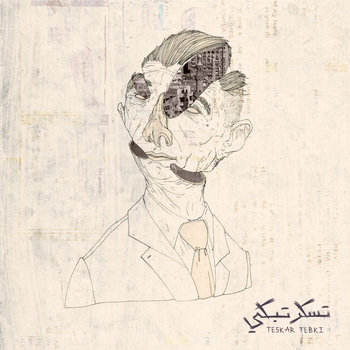

Vinyl LP, 7" Vinyl


Louca joined forces with Ghazaleh and vocalist Maryam Saleh for this album of music set to the words of revolutionary poet and lyricist Mido Zohair. “For me, he was the poet of our generation,” Louca said of Zohair, who died in 2020 at the age of 46.
Lekhfa was another album that came together slowly, and at first, it wasn’t the trio’s intention to work solely with Zohair’s poetry. That aspect of the project emerged gradually and without the poet’s awareness. “He became a kind of fourth member without actually knowing it at the time. He was pissed off at first and didn’t like the music at all. He thought we’d butchered his words. Eventually, he came around and wrote us a sweet message telling us that he loved the record.”
The Dwarfs of East Agouza
The Green Dogs of Dahshur
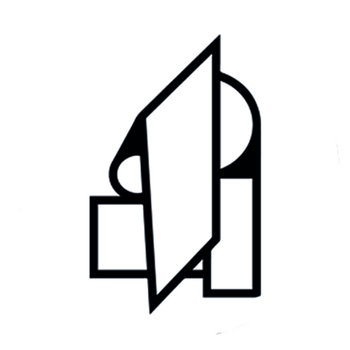



Vinyl LP


Few bands have earned the sobriquet “uncategorizable” quite like the Sun City Girls. Formed in Arizona by brothers Alan and (Sir) Richard Bishop with drummer Charles Gocher, the prolific trio mashed together elements of free improv, avant-rock, world music, and sounds that seemed to come from some other world entirely. Louca found a kindred spirit when Alan came to Cairo, then another when the Canadian-born guitarist Sam Shalabi (Land of Kush) arrived in the city. All three wound up living in the same building in the nightlife-rich Agouza neighborhood, and the dizzyingly improvisatory Dwarfs were born. Their intuitive and unpredictable sound has evolved through a series of recordings and tours into an unfamiliar sonic landscape all its own.
Karkhana
Al Azraqayn
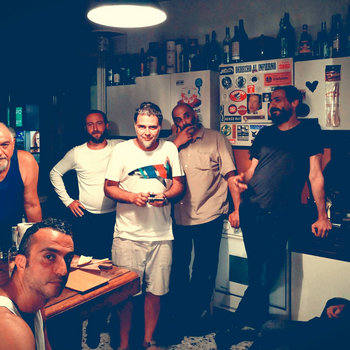

A supergroup of Middle Eastern improvisers, Karkhana bridges the Egyptian, Turkish, and Lebanese experimental scenes. Guitarist Sharif Sehnaoui and trumpeter Mazen Kerbaj are two-thirds of the influential Beirut-based “A” Trio, which has become the cornerstone of a thriving improv community in the city. Multi-instrumentalist Umut Çağlar founded the quartet Konstrukt in Istanbul, which has since recorded with the likes of Thurston Moore and Peter Brötzmann. Karkhana unites these pioneers with Louca and Shalabi, along with Lebanese bassist Tony Elieh and Assyrian-American percussionist Michael Zerang, a key figure in the Chicago avant-jazz scene for decades.
Maurice Louca
Elephantine


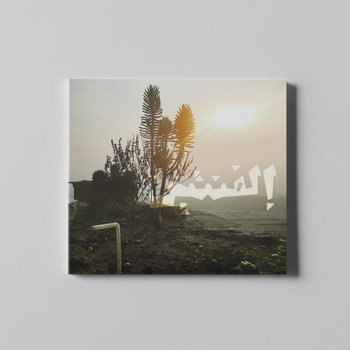
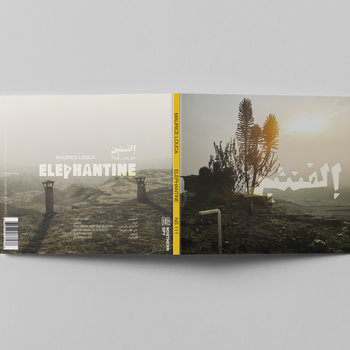

Compact Disc (CD)



When its self-titled debut arrived in 2019, the 12-piece band Elephantine may have marked the most severe and surprising left turn in a career full of them. Having exhausted his approach to electronics on Salute the Parrot, Louca returned to the guitar and found himself drawn to the spiritual jazz searching of artists like Pharoah Sanders and Sun Ra. “The cosmic jazz guys were heavily influenced by Egyptian mythology, and that has come full circle to influence me.”
Realizing that “Cairo is not really a jazz city,” Louca sought out a new group of collaborators—which he finally found in Sweden. The name Elephantine is a play on the size of the ensemble and the historic island on the Nile, as well as a nod to Shalabi’s big band Land of Kush, another reference to the Aswan region. “If I hadn’t known Sam, I might not have had the ambition to do that record, so the name is a subtle tribute to him and an homage to the music of the South.”
Maurice Louca
Saet El Hazz (The Luck Hour)

Compact Disc (CD)

Commissioned by the Brussels-based arts organization Mophradat to take on a project apart from his usual practice, Louca decided to explore microtonal music. He designed a new guitar reconfigured with elements of Indonesian gamelan and recruited the members of Beirut’s “A” Trio to interact with these unique tonalities. The results are mesmerizing and elusive, evoking industrial textures and scraping metal on “El-Fazza’ah (The Slip and Slide),” crackling firewood on “Yara’ (Fire Flies),” a displacement of Delta blues and Arabic melodies on “El-Gullashah (Foul Tongue).” The title is an Egyptian term referring to a debauched good time, not to be mentioned in the light of day—the Cairo equivalent of “What happens in Vegas…”
Elephantine
Moonshine


Compact Disc (CD)


Louca produced Elephantine’s debut as a one-off with a host of unfamiliar Swedish session musicians—“shots in the dark,” as he admitted. Unexpectedly, over the course of the recording and subsequent tour, the group became a family. Moonshine reflects that chemistry, its title another bit of wordplay musing on inebriated revelry and the twilight hours. “Elephantine felt a lot more like a band the second time around,” Louca said. “Both meanings of ‘moonshine’ have that rowdy, celebratory feeling, and I felt this was the most joyous music I’ve ever written.”







